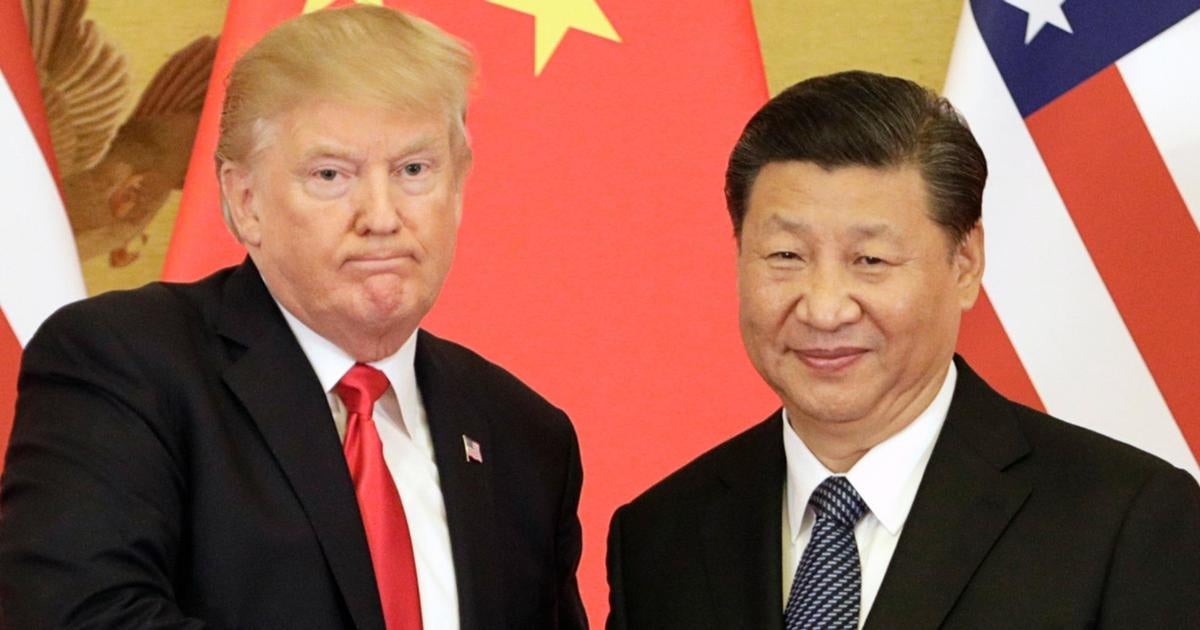
In a sweeping announcement that has sent shockwaves through the global digital landscape, Meta CEO Mark Zuckerberg revealed plans to dramatically alter content moderation across Facebook, Instagram, and Threads platforms, while forming a strategic alliance with Donald Trump's prospective administration.
The announcement outlines the elimination of fact-checking systems, relaxed content removal protocols, and reduced moderation teams - moves that experts warn could reshape the global information ecosystem.
The partnership between Meta and Trump aims to counter what Zuckerberg describes as international "censorship" of American tech companies. "We will work with President Trump to resist governments around the world that are persecuting American companies," Zuckerberg stated, specifically mentioning European regulatory frameworks and content removal orders in Latin America.
Digital policy experts have raised serious concerns about three major areas of potential conflict:
Information Integrity
The abandonment of fact-checking in favor of "community notes" - similar to Elon Musk's X platform - creates an environment where emotional engagement may triumph over factual accuracy. This shift affects billions of users worldwide who rely on social networks as their primary news source.
Economic Impact
The alliance could strengthen American tech dominance in data collection and artificial intelligence, potentially hampering local innovation in other countries. This consolidation of power among U.S. tech giants raises questions about digital sovereignty and economic independence.
Geopolitical Tensions
Brazil's Secretary of Digital Policies, João Brant, warns that this move signals Meta's rejection of national sovereignty over digital spaces. The partnership could empower far-right groups globally while challenging existing and proposed regulatory frameworks in Europe, Brazil, and elsewhere.
This development has prompted calls for stronger international cooperation through organizations like the UN, UNESCO, and the G-20 to protect information integrity and national digital sovereignty.
As this situation unfolds, countries face mounting pressure to develop robust regulatory frameworks to shield their digital spaces from potential manipulation while preserving democratic values in the increasingly complex online world.